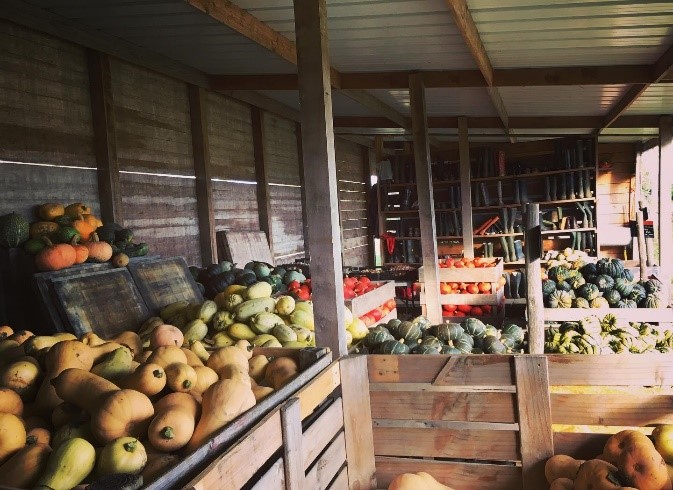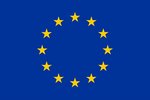Towards organic and sustainable food systems: Learning from Innovations
With the effective selection of Innovative Case studies, a crucial step for the future success of FOODLEVERS project was achieved. Gain a short overview on these innovative food systems and the expected results to retrieve in the upcoming years


To respond to the urgent need for a paradigm shift of food systems towards sustainability, FOODLEVERS was started in December 2020 to identify points of “deep” leverage that go far beyond the common practice of treating symptoms and thus, show higher potential to further develop and scale up organic and sustainable food systems. Key to achieve the project’s aim is the in-depth analysis of innovations in European food production systems. The first stages of the project were therefore dedicated to a careful selection process of FOODLEVERS Innovative Case studies (FICs).
Within the final selection the most appropriate cases were identified through an outranking process considering the coverage of the four OECD-areas of innovation1: 1) Products; 2) Production techniques; 3) Marketing; 4) Organisation and governance.
Taking these various elements into account is vital to enable assessments in FOODLEVERS to identify trade-offs and/or synergies between production, distribution and consumer stages. As sustainable and organic food systems are diverse, it was crucial to cover a certain degree of diversity. As a result, the seven FOODLEVERS FICs cover different forms of production systems (see list below) in different geographical (seven countries, rural/urban) as well as institutional (e.g. Community Supported Agriculture) contexts to understand how different layers of efficiency (e.g. actors, processes, technologies, forms of organisation) can contribute to improved natural and human resource use efficiency. These seven case studies were selected:
1) Italy: organic farm managing silvopastoral systems with walnut plantation and olive orchards grazed by hens
2) Poland: local network of pasture organic farms
3) Romania: biodynamic farm cooperating with a large network of regional organic farms
4) Belgium: community supported agriculture supplying a local hospital
5) Germany: urban community supported cooperative coordinating a network of regional biodynamic farms
6) United Kingdom: biodynamic mixed community supported agriculture
7) Finland: mushroom farming in forests
Outlook: What FOODLEVERS wants to learn from innovations
The above examples of innovative food systems will provide a fertile ground to identify critical points (pressures, barriers and levers) by performing a holistic sustainability assessment. The project will hereby reveal how and where opportunities for systematic change emerge in the food systems studied as well as their inherent leverage potential.
This assessment will happen through the lens of the dimensions of “deep leverage” proposed by Abson et al.2. Based on the identified critical points, FOODLEVERS will build scenarios and models and develop practical recommendations for policy and practice about reorganizing and restructuring food systems in Europe.
To learn more about the Innovative Case studies as well as project results and updates, visit the FOODLEVERS website or follow the project on Twitter, Instagram, LinkedIn and Facebook.
References:
1
see: www.oecd.org/site/innovationstrategy/defininginnovation.htm
2 Abson D. J., et al. Leverage points for sustainability transformation. Ambio 46, 30-39 (2017).
Relevant link
Author
Valerie Holzner, Philipps-University of Marburg, Germany, valerie.holzner@geo.uni-marburg.de
Editor: Karin Ullven / Design: Christine Dilling
Funding Bodies:
- German Federal Ministry of Food and Agriculture, Federal Office for Agriculture and Food, (DE)
- Ministry of Agricultural, Food and Forestry Policies, (IT)
- Finnish Ministry of Agriculture and Forestry, (FI)
- National Centre for Research and Development, (PL)
- Department of Agriculture and Fisheries, (BE)
- Executive Agency for Higher Education, Research, Development and Innovation Funding, (RO)
- Department for Environment, Food and Rural Affairs (UK)
